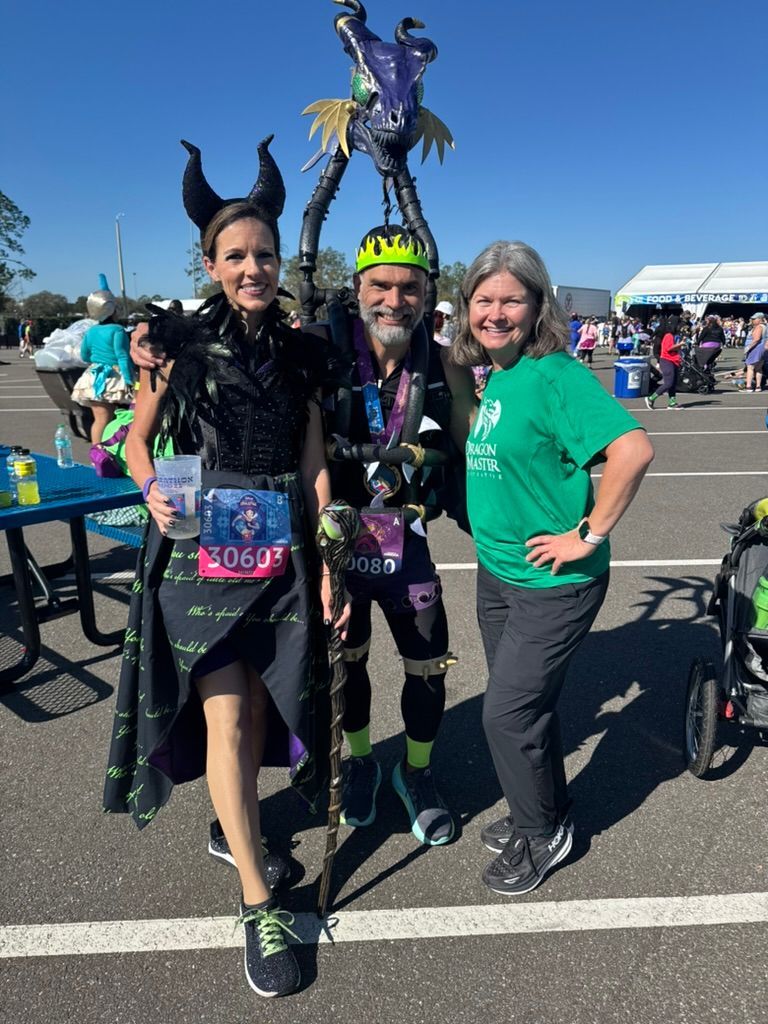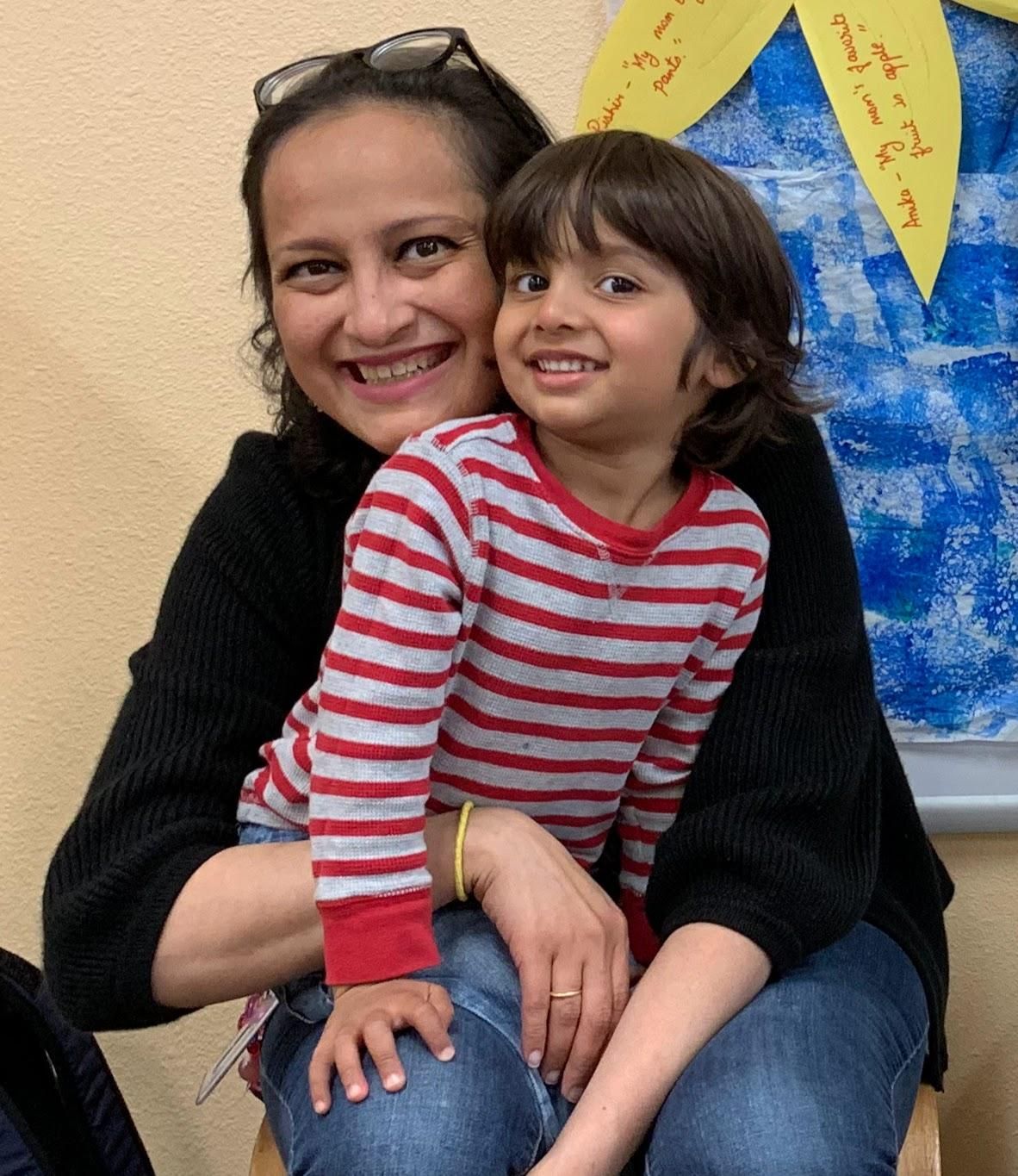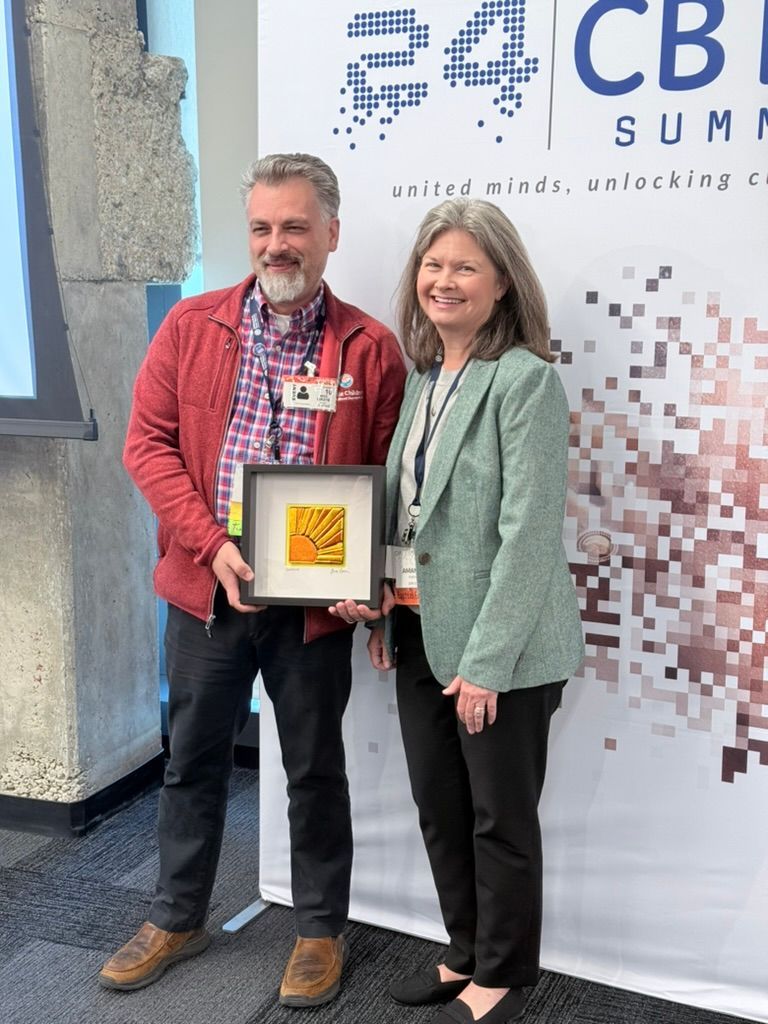Helping To Revolutionize Cancer Research & Treatment
Our Dragon Master (A.K.A. Cancer Warrior) Ignited This Initiative
Our Story
How Our Dragon Master (A.K.A. Cancer Warrior) Ignited This Initiative
When it comes to a patient and their family’s journey with cancer, time is a precious, fleeting resource. This was what we faced when our son, David, was diagnosed with Glioblastoma Multiforme in September 2010.
We Support Cancer Patients With More Than Just Streamlined Research
Whether you need educational resources or swift access to your closest cancer support and treatment centers, we are here to support you.
You Don't Have To Be In Medical Research To Support Our Mission
There are many ways you can help revolutionize cancer research and treatment from your home or in your community.
Big Data Is Revolutionizing Cancer Treatment & Research
Clinical trial results take too long. We are supporting the expansion of CAVATICA, a free research-sharing tool that allows doctors and scientists to rapidly share, search and analyze patient data.
Our 5 Main Pillars
Data Access & Acceleration
Building infrastructure that unlocks the full power of patient data.
Activities:
- Support large-scale data infrastructure
- Enable access for a wide range of users (clinicians, families, industry)
- Incentivize open sharing of data, especially in rare cancer research
Education & Engagement
Empowering patients, researchers, and students with knowledge that drives change.
Activities:
- Promote meaningful use of shared data
- Foster collaboration between academia and industry
- Educate the public and students about big data and rare cancer research
- Help patients understand the value of their data and samples
Collaborative Partnerships
Working together to scale solutions and close critical gaps.
Activities:
- Cultivate corporate partnerships for tech and data support
- Recruit skilled volunteers to support key projects
- Fill capacity gaps in research through academic collaboration
Policy & Advocacy
Driving systemic change for rare disease and cancer patients.
Activities:
- Influence public agencies (NIH, NCI, FDA) to act in patients’ interests
- Support legislative and regulatory efforts focused on rare diseases, with emphasis on brain cancer and pediatric cancers
- Collaborate with thought leaders to push policy forward
Immediate Impact
Supporting patients now, while we work toward tomorrow’s cures.
Possible Activities (based on your direction):
- Guide patients to resources for patient navigation and other assistance programs
- Support urgent needs like travel for clinical trial care
- Create interim solutions while long-term research is ongoing
- Encourage professionals to participate in long-term data sharing efforts
Upcoming Events
Each year, Dragon Master Initiative is involved with many different fundraising events. From Disney Marathons to other initiatives, you can support our cause.
Frequently Asked Questions
Where did the name "Dragon Master" come from?
From the beginning, we knew that the mission of the nonprofit was going to be bigger than what our family could achieve on our own. We wanted to name it something that could honor David, the heart behind our initiative, in some way, but it needed to be something that other people could identify with also. David loved dragons from the time he was tiny, so that was a symbol that both honored him and gave the imagery of a beast we could tame. We hoped that it would resonate with other people. We also thought that it could be defined in different ways as the data led us in different directions. We were very intrigued by the thought that by collecting large-scale data, we might be able to help more than just brain cancer patients, and indeed, that has been what has happened.
What is CAVATICA and what is your role in supporting it?
The CAVATICA platform is a free, open-access research-sharing tool that enables doctors and scientists to easily share, search, and analyze large collections of patient genomic data. The Children’s Brain Tumor Network (CBTN) is a network of hospitals and other research institutions that have committed to sharing their data via CAVATICA. We’re looking to support the development and expansion of CAVATICA in our partnership with the CBTN. One of the most exciting things about this data sharing effort is that though there is a membership component to those who are inputting the data, the collected data is then available to researchers worldwide, with no consortium membership necessary. That ensures that the data is the highest possible quality, but also makes sure it has the widest possible usage.
Why is quick, streamlined data sharing so critical for medical professionals?
Medical research and treatment discovery can take years due to the current processes that medical professionals and researchers follow. By providing a free, open-access research tool that doctors and scientists can utilize simultaneously, time is cut dramatically in these processes. Having data in interactive platforms like CAVATICA and pedsCBioPortal means that doctors have access to more information about pediatric brain cancer. This allows medical researchers to modify their experiments and trials in real-time, accelerating the discovery of a cure for brain cancer, and potentially many other cancer types.
How can I support the Dragon Master Initiative?
There are multiple ways you can support the Dragon Master Initiative as an individual and as a company! Find out how you can get involved HERE.
How can I take advantage of the Dragon Master Initiative’s efforts as a medical professional?
You can see the current pediatric brain tumor data HERE. If you are looking for clinical data, you can access the dataMedical research and treatment discovery can take years due to the current inefficient processes that me through pedCBioPortal.
How can I support the Dragon Master Initiative as a researcher?
If you are looking for biospecimens, you can apply for access to those HERE. We are always seeking researchers to share their medical data through the CAVATICA platform. Through this platform, we empower you to share your medical research data with fellow researchers and medical professionals to allow you to modify your trials in real time. If you need help learning how to utilize your tools on this platform, please email us. If you are looking for data on children with structural birth defects, you can access that data HERE.
How can my company support the Dragon Master Initiative?
We offer ways to partner with the Dragon Master Initiative on a corporate level through events and donations. Learn more HERE.
What resources do you offer to pediatric brain cancer patients and their families?
The Dragon Master Initiative is proud to serve cancer patients and their families by providing financial assistance, information, and resources, as well as connecting with you. No matter where you are in your diagnosis or treatment process, we want to walk through this journey with you. Click HERE to learn more about the programs we provide, as well as other resources to help give you confidence in your treatment decisions. Questions? Reach out to us HERE.
We believe COLLABORATION is the key to CURING CANCER.
Your donation will help us continue to fund streamlined data access and resources for researchers.
Dragon Master News
Read the latest updates on our impact, patient memorials, and the latest updates in brain cancer research and treatment.
On Fire For Cures
Check out our lastest Progress Report.

Subscribe To Our Email Newsletter
Stay updated on news, impact and more!
Subscribe to our email newsletter
By providing my phone number, I have opted into receiving updates, offers, and informative texts from Dragon Master Initative. Messages will be recurring, message and data rates may apply, and message and data rates may apply and message frequencies will vary. Reply STOP at any time to unsubscribe or HELP for more information. Read our Privacy Policy here.








